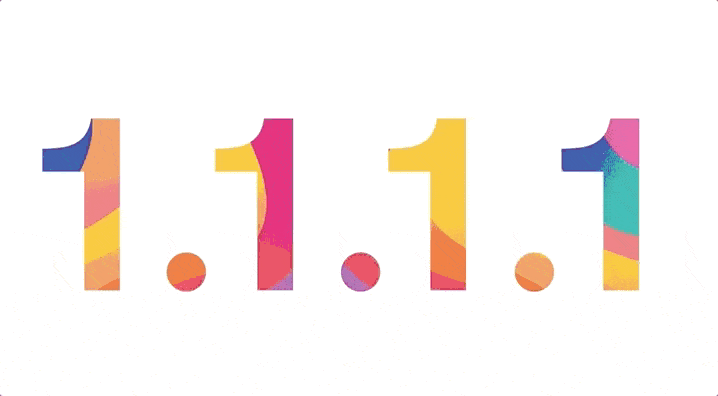Cloudflare DNS for Android and iOS: Cloudflare today released two official mobile apps offering the DNS Privacy Service (1.1.1.1) to anyone interested.
Mobile apps running on Android and iOS are now available in their respective stores.
 The company launched its 1.1.1.1 service for the first time April 1 of 2018. The service is a basic DNS server, with which Cloudflare guarantees the privacy of the user but also the speed of response.
The company launched its 1.1.1.1 service for the first time April 1 of 2018. The service is a basic DNS server, with which Cloudflare guarantees the privacy of the user but also the speed of response.
The service has experienced some DDoS attacks since its release and most of the traffic has been considered comes from "garbage", but the supporters of privacy consider it to be quite safe.
So many activists and journalists use the service to bypass the blocks of oppressive governments, but regulars use it too. users of Internet to improve their daily connections.
In addition, using Cloudflare's DNS prevents ISPs from tracking the user by looking at archives registration of their own DNS. Of course, using 1.1.1.1 as a DNS service will not be enough. Those interested in extra security using an encrypted VPN but also using HTTPS is a must.
Using 1.1.1.1 requires some settings on desktop with devices, which we have described in previous publication.
But mobile users, though they could use the service right after it was released in April, do not seem to adopt it.
The reason; There is no easy way to change DNS on mobile devices, like on computers. With apps released today for Android and iOS, Cloudflare is a game that turns DNS into your phone.
Cloudflare DNS: Download the official 1.1.1.1 applications
Google Play Store and Apple App Store
______________
- Disqus Why we stopped using the service
- Apple: Why did he buy the Shazam music discovery company?
- Pushbullet sending SMS & files from your computer
- Forvo hear how to pronounce a word or phrase in 330 languages






Hello, will DNS servers change when I run 4g?
so promises to apply